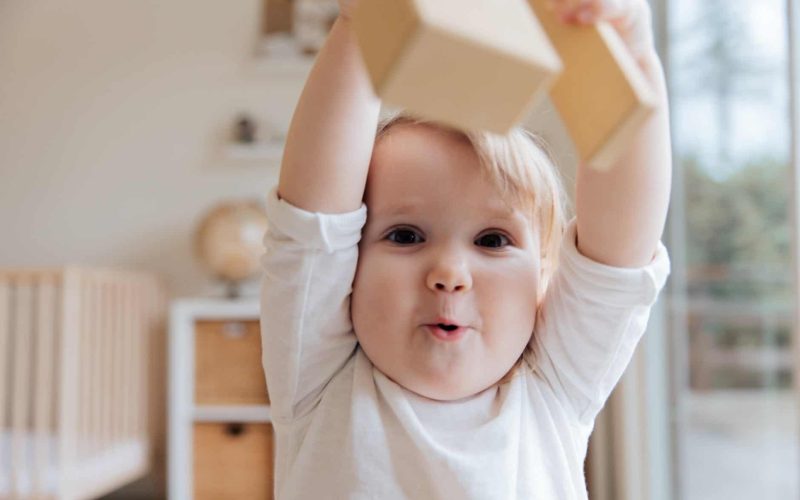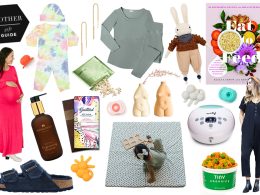As much as we love our furry little friends, the health of our kids does come first. This is why many families give their pets up for adoption, or resettle them temporarily after having a newborn in the house.
If you are expecting, or just had a baby, and are torn between the desire to protect your baby and keep your faithful canine or feline companion, there’s good news for you.
According to some studies this is one tough choice you might not have to make, as pets can help boost your newborn’s health!
Do Pets Affect Babies’ Health?
“Children who live in households with dogs or cats during their first year of life are less likely to develop allergies and could also have lower incidence of colds and ear infections”
A study that appeared in JAMA Pediatrics suggested that the health benefits of pets for newborns may far outweigh any of the known risks. While this may raise eyebrows or inspire you to do cartwheels, there’s a valid scientific explanation for these findings.
Researchers found that kids who grew up on farms with dogs had half the risk of asthma, as compared to children raised in pet-free homes.
These findings actually lend credence to the hypothesis that allergies in children are more likely to develop when kids are raised in sterile or ‘super clean’ environments.
In other words, early exposure to some amount of germs strengthens immunity and promotes the development of healthy and normal immune response.
While the unhygienic conditions in parts of India are nothing to boast, this may explain why traditionally there has been a lower incidence of allergies here in India, as opposed to in developed nations.
Of course, with modernization and the rise of high income families in Indian metros, allergies are also on the rise. Many other studies have yielded similar results, showing that having pets around the house can actually be good for newborns.
Children who live in households with dogs or cats during their first year of life are less likely to develop allergies and could also have lower incidence of colds and ear infections. This has the added benefit of decreased reliance on antibiotics.
Strangely, one study also found that children benefited more when pets spent more time outdoors, tracking dirt back in! According to experts, this could be because exposure to dirt had a stimulating effect on babies’ immune systems.
Mental Health Benefits of Pets
“Pet ownership can make a child feel more popular and it also improves social bonding, as families with pets often spend more time together having fun with their cuddly companions”
Children raised in homes with pets are also better socially adjusted and are likely to have greater empathy as adults.
Evidence indicates that pet ownership can make a child feel more popular and it also improves social bonding, as families with pets often spend more time together having fun with their cuddly companions.
Allowing your child to have a pet can also inculcate valuable life skills, as they learn to be more responsible. Although most pet owners with kids worry about the impact of a losing a pet to illness or old age, experts believe that in such cases children learn to cope better with loss.
While there can be no denying the health benefits of pets for newborns and children, there are certain risks as well. Pets can be carriers of certain diseases and parasites like worms, but depending on how you look at it and how well you care for your pets, the benefits could far outweigh the risks.









